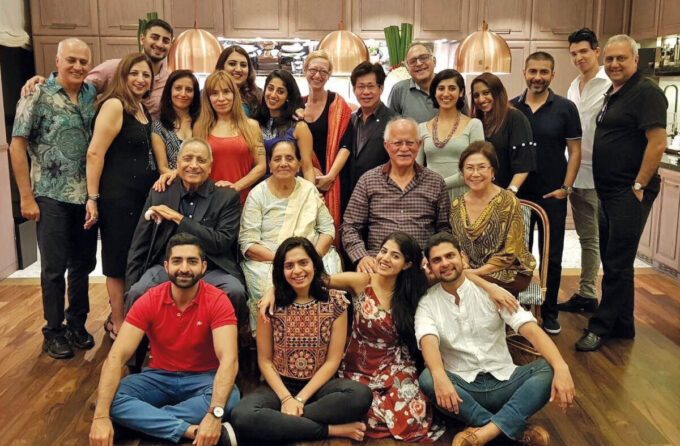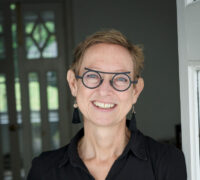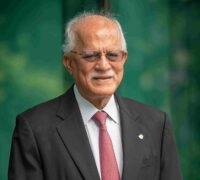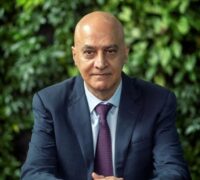Values-based meritocracy
Despite their success, both leaders remain modest and are keen to emphasize that success and failure do not depend on just one individual but rely on many parts coming together. “Some call it luck, others serendipity, but I like to use the word confluence,” says Aswani.
From settling in Malang in 1948 to being told by his father in 1957 that he was now responsible for the business, Vaswani recalls the family ‘experiencing a lot of turbulence’. Working all hours and enduring the daily journey from Malang to Surabaya, taking anywhere between two to four hours a time, he spoke of a lot of ups and downs, a period he wouldn’t have survived if it was not for others. “A lot of people came forward to help me, and together, we evolved into the business you see today. It was both a grace and a helping hand. Our family has always been down to earth and humble; it is something we are very proud of.”
Humility is the golden thread throughout the family enterprise, and it has been instilled in all four generations of the family, along with the values of trust, respect, commitment, and courage. “My grandfather said that trust is elementary in any business, and if you lose trust, you no longer have a reason to be in business. These values lived before us, and we codified them ten years ago to carry them forward to future generations,” Aswani adds.
The family enterprise likes to ‘walk the talk too’ as Aswani says. “Our human resources systems are centered around our family values, and we reward employees based on their ability to demonstrate these principles. We like to call it values-based meritocracy. We exercise very great care in the selection and promotion of individuals who live by these values. This helps our businesses achieve success and maintain continuity with the family.”
Tolaram offers a fascinating example of how an enterprising family can achieve cohesive success across a growing empire. Tolaram has over 20,000 employees working across three continents, and despite their tremendous growth, the family has ensured their values are embedded in each of their businesses. This has been further upheld through the creation of a family constitution, council, and office.






 Audio available
Audio available